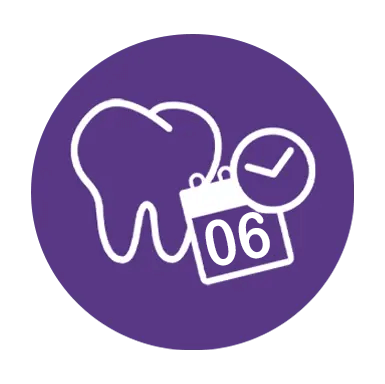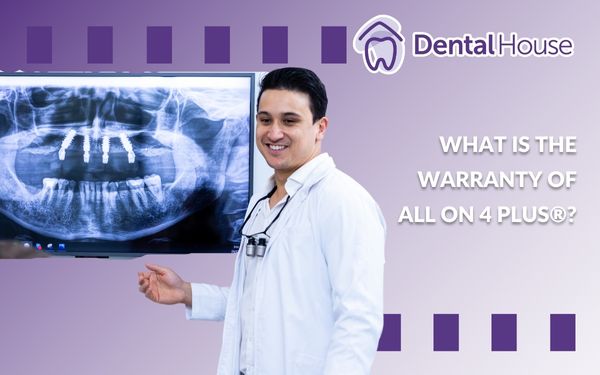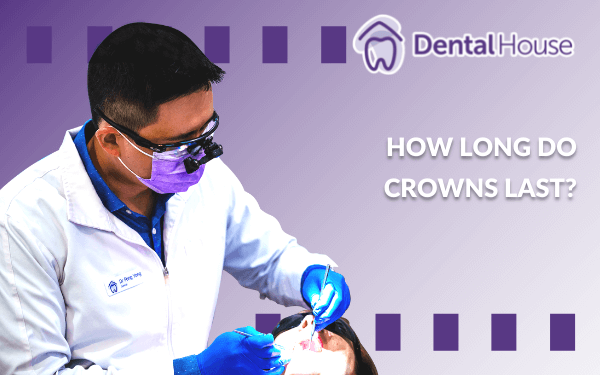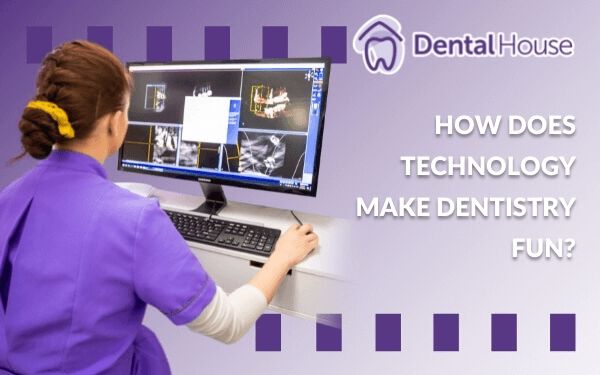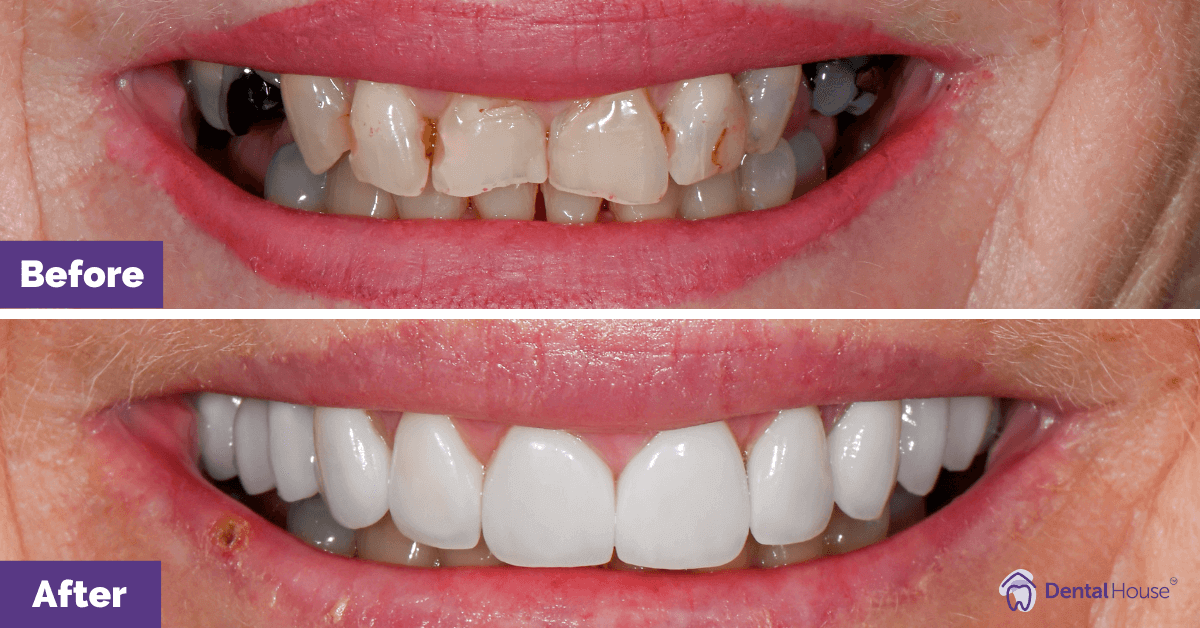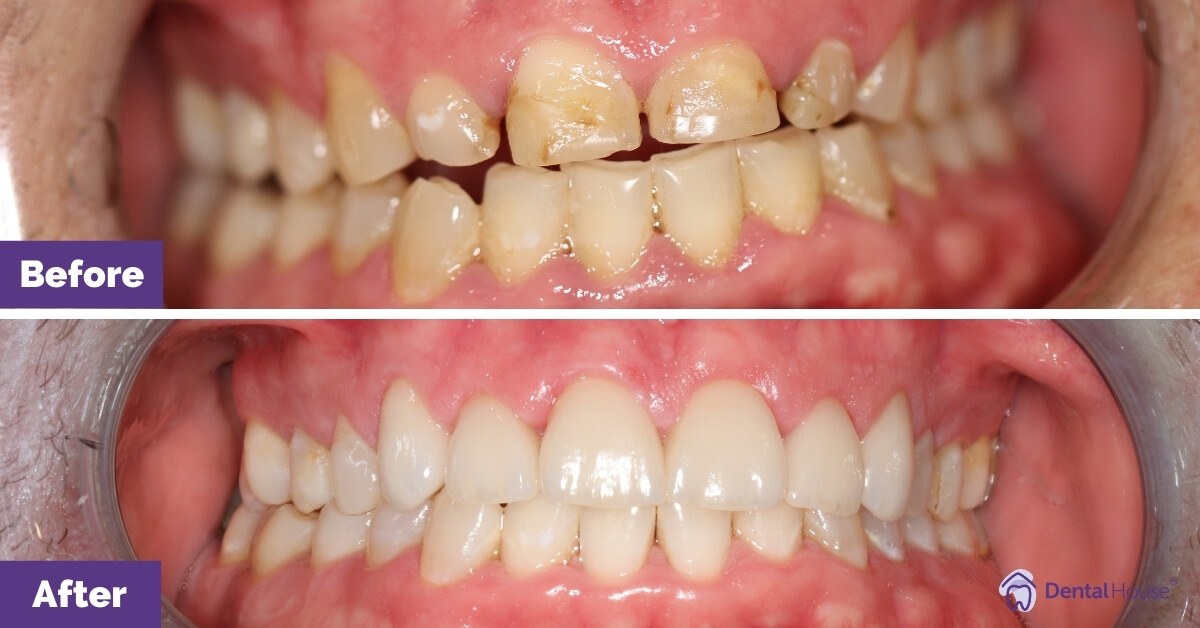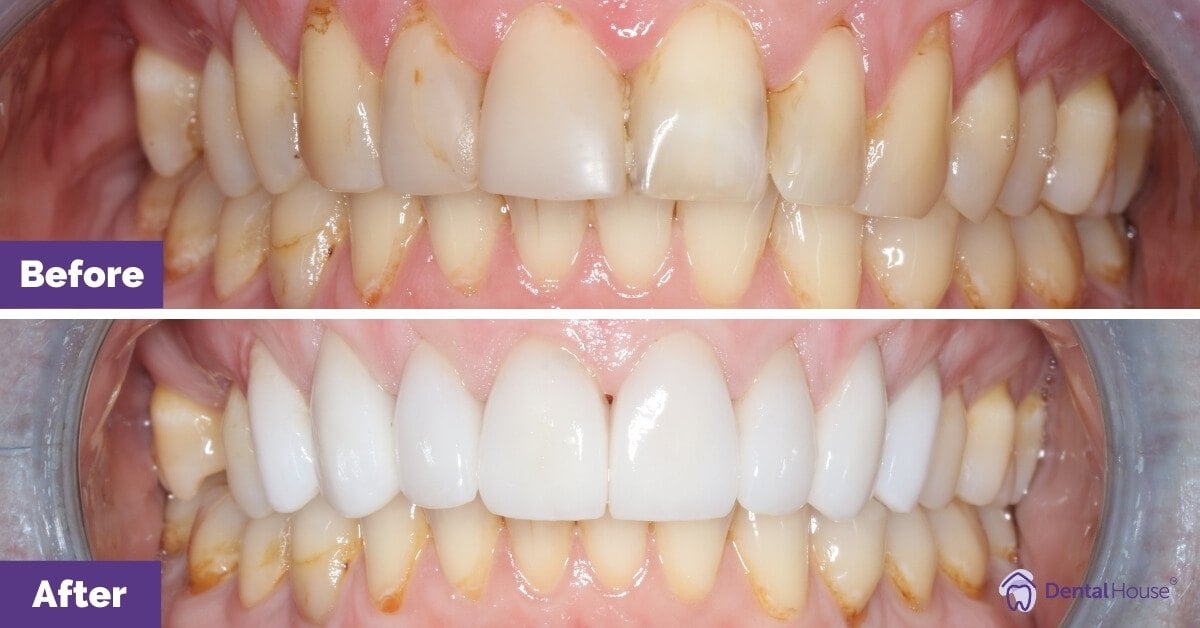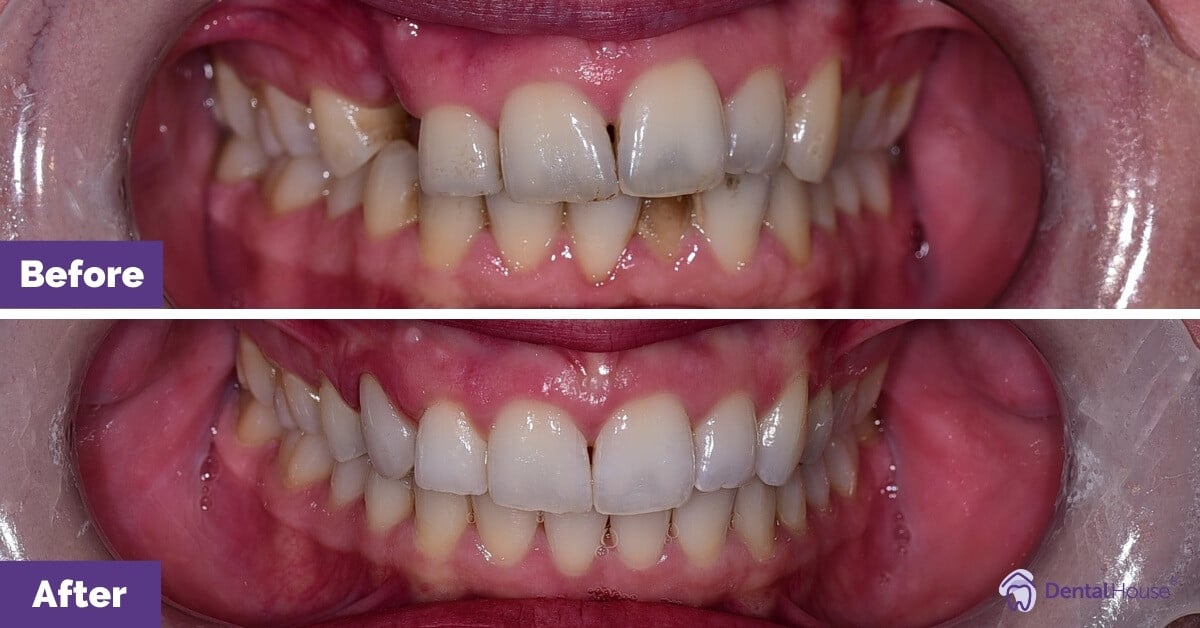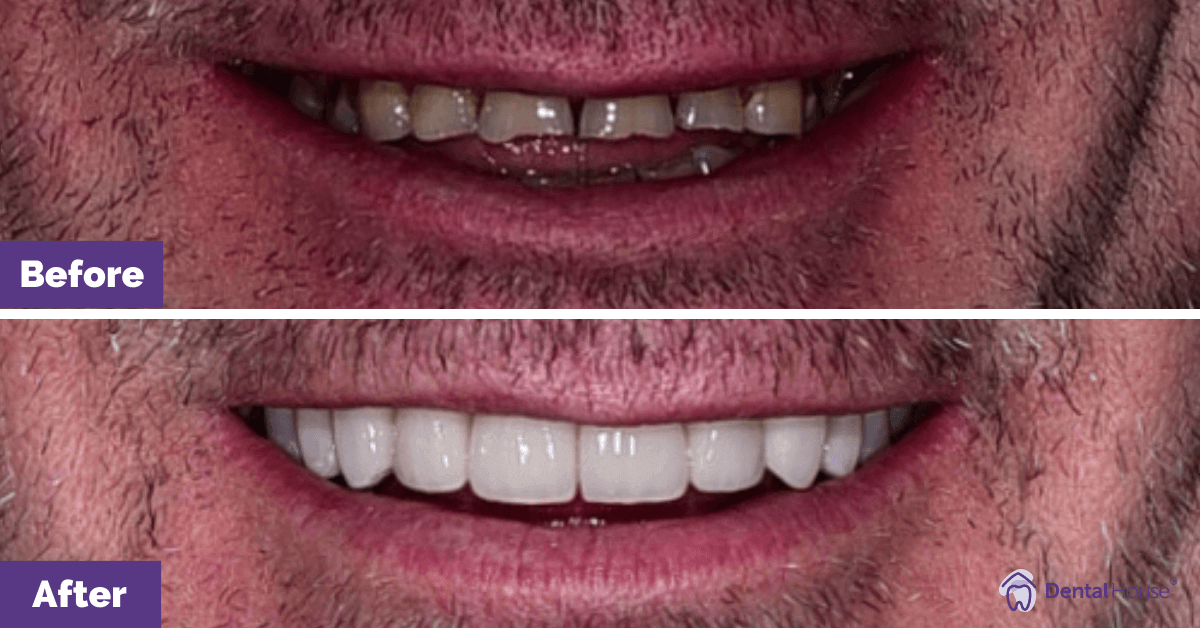Dental Crown & Dental Bridges
Dental Crown & Dental Bridges at Gisborne, Macedon & Riddells Creek



 Oral health is important to your overall health and self-esteem, and keeping your natural teeth as long as possible is a focus of today’s modern dentistry techniques. Dental crowns and dental bridges are two restorations that help us do that. Our team at the Gisborne Dental House have helped thousands of patients to save their teeth and restore oral health, and we will work with you to find the best dental solution for your needs.
Oral health is important to your overall health and self-esteem, and keeping your natural teeth as long as possible is a focus of today’s modern dentistry techniques. Dental crowns and dental bridges are two restorations that help us do that. Our team at the Gisborne Dental House have helped thousands of patients to save their teeth and restore oral health, and we will work with you to find the best dental solution for your needs.
What are Dental Crowns?

Broken or cracked teeth
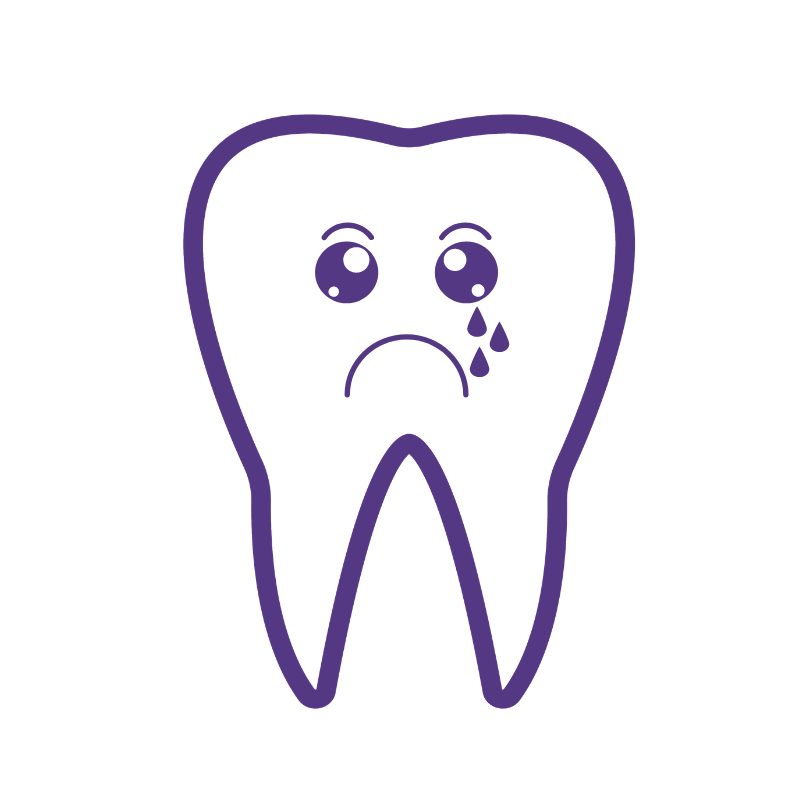
Worn teeth that need support

Cover and protect a tooth that had root canal therapy

Extra support for a tooth weakened from a large cavity

Fill in missing teeth as part of a dental bridge
Replace Missing Teeth with Crowns
A dental crown used to replace a missing tooth will be secured onto an implant. A dental implant and dental crown are the next best thing to having your natural teeth because your body treats the implant as part of your own body. Once placed, the jawbone builds up around it to strengthen the post. You will have the function of a new tooth and you will avoid the jawbone deterioration that takes place when teeth are missing.
Benefits of Dental Crowns
Our Happy Patient
What are Dental Bridges?
Many patients prefer dental bridges as a cost-effective and less invasive dental solution to replace missing teeth. If you are unsure of the best solution for your missing teeth, our staff will do a full dental exam and discuss the options with you.
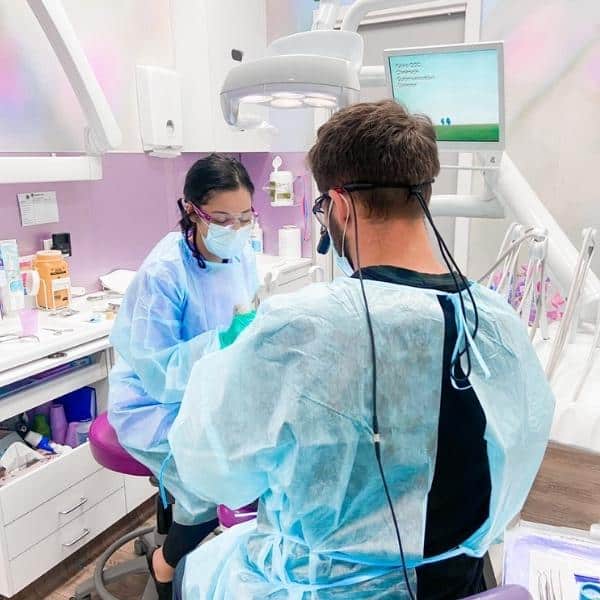
What are Dental Bridges?

Many patients prefer dental bridges as a cost-effective and less invasive dental solution to replace missing teeth. If you are unsure of the best solution for your missing teeth, our staff will do a full dental exam and discuss the options with you.
Types of Dental Bridges
There are different types of dental bridges designed to address various patient concerns. A bridge is customised to the patient according to oral health and the structural integrity of the teeth. The following are the types of bridges we use:
Traditional Bridge
Cantilever Bridge
Maryland Bridge
Implant-Supported Bridge
Benefits of Dental Bridges
Caring for Your Dental Crown or Dental Bridge

Brush your teeth at least twice each day for healthy teeth and gums

Floss according to your dentist’s or hygienist’s instructions

Rinse with any recommended mouthwash

Do not chew on hard objects or ice to prevent damage to your prosthetic and your other teeth

Keep up with regular 6-month dental checkups to prevent dental problems or for early intervention

If your new prosthetic feels different or off in any way, call our office immediately and schedule an appointment

Download Price List
While we agree that you can’t put a price on good health (especially when it comes to your teeth), we understand the reality of family budgets. That’s why we offer flexible treatment options and family-affordable pricing. You might say the only thing average about Dental House is our prices.
Our Happy Patient
Dental Crown & Dental Bridges Blogs
What Is the Warranty of All On 4 Plus®?
All On 4 Plus® dental implants, that are surgically placed into your jawbone, generally have a warranty of five years…
How Long Do Crowns Last?
Dental crowns are a cap that go over the whole tooth. They protect a weak tooth from cracking, and they do a better than a standard filling…
How Does Technology Make Dentistry Fun?
Visiting a dental office that has the latest in dental technology can transform something as typical as an exam or filling a cavity into a…

Schedule Your Visit Today
If you have damaged or missing teeth and would like to know what dental solution is best for you, call today and schedule an appointment with us. We will see if a dental crown or dental bridge is a solution and work with you to create the right treatment plan for you.
Disclaimer: The material posted is for informational purposes only and is not intended to substitute for professional medical advice, diagnosis or treatment. Results vary with each patient. Any dental procedure carries risks and benefits. If you have any specific questions about any dental and/or medical matter, you should consult your dentist, physician or other professional healthcare providers.
Your Dental House Journey

Your Dental House Journey

Examination and Treatment Planning

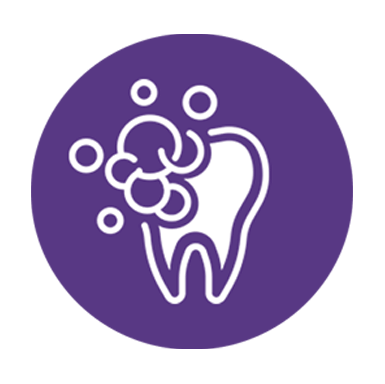
Hygiene Department

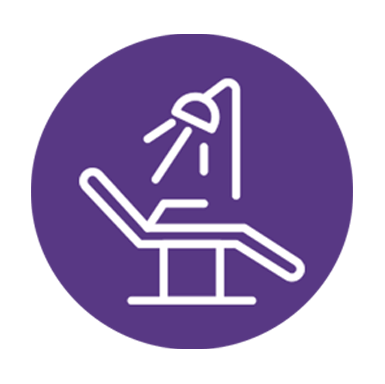
Clinical Treatment


Functional Restorative

